To provide the best experiences, we use technologies like cookies to store and/or access device information. Consenting to these technologies will allow us to process data such as browsing behaviour or unique IDs on this site. Not consenting or withdrawing consent, may adversely affect certain features and functions.
The technical storage or access is strictly necessary for the legitimate purpose of enabling the use of a specific service explicitly requested by the subscriber or user, or for the sole purpose of carrying out the transmission of a communication over an electronic communications network.
The technical storage or access is necessary for the legitimate purpose of storing preferences that are not requested by the subscriber or user.
The technical storage or access that is used exclusively for statistical purposes.
The technical storage or access that is used exclusively for anonymous statistical purposes. Without a subpoena, voluntary compliance on the part of your Internet Service Provider, or additional records from a third party, information stored or retrieved for this purpose alone cannot usually be used to identify you.
The technical storage or access is required to create user profiles to send advertising, or to track the user on a website or across several websites for similar marketing purposes.
 To say that 2020 has been a tough year is an understatement, and it appears that there has been an increase in the amount of alcohol being consumed whilst working from home since the pandemic began, according to Health and Safety software company Protecting.co.uk. (more…)
To say that 2020 has been a tough year is an understatement, and it appears that there has been an increase in the amount of alcohol being consumed whilst working from home since the pandemic began, according to Health and Safety software company Protecting.co.uk. (more…)




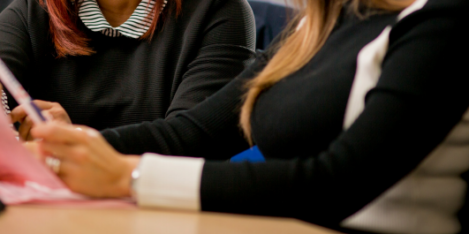
 Research published by
Research published by 
 Employee monitoring is an emotive topic. Businesses may wish to monitor their staff for a variety of reasons. For instance, they may wish to prevent the unauthorised disclosure of confidential or sensitive information, or detect attempts to steal valuable intellectual property. In the current conditions, dominated by the coronavirus pandemic, many businesses have opted to use automated means to monitor staff productivity. However, from an employee’s perspective, the use of monitoring software may be intrusive if not distressing. Further, if it has been implemented without regard to data protection law, it is potentially illegal.
Employee monitoring is an emotive topic. Businesses may wish to monitor their staff for a variety of reasons. For instance, they may wish to prevent the unauthorised disclosure of confidential or sensitive information, or detect attempts to steal valuable intellectual property. In the current conditions, dominated by the coronavirus pandemic, many businesses have opted to use automated means to monitor staff productivity. However, from an employee’s perspective, the use of monitoring software may be intrusive if not distressing. Further, if it has been implemented without regard to data protection law, it is potentially illegal. 
 The UK Green Building Council (UKGBC) has announced the start of a new project to plot a route to net zero carbon for the UK’s built environment sector, by developing a Net Zero Whole Life Carbon Roadmap. Hot on the heels of the Government’s new target to cut emissions by 68 percent by 2030, against 1990 levels, this project will identify how the built environment supports that objective and set a science-based trajectory to achieving net zero for the whole sector by 2050. The roadmap will cover all building types and infrastructure, all built environment stakeholders and sub-sectors and address carbon across the whole building lifecycle.
The UK Green Building Council (UKGBC) has announced the start of a new project to plot a route to net zero carbon for the UK’s built environment sector, by developing a Net Zero Whole Life Carbon Roadmap. Hot on the heels of the Government’s new target to cut emissions by 68 percent by 2030, against 1990 levels, this project will identify how the built environment supports that objective and set a science-based trajectory to achieving net zero for the whole sector by 2050. The roadmap will cover all building types and infrastructure, all built environment stakeholders and sub-sectors and address carbon across the whole building lifecycle. 
 The World Economic Forum has launched a new report which sets out to define how organisational leaders can influence their companies and encourage the responsible use of technology and build ethical capacity.
The World Economic Forum has launched a new report which sets out to define how organisational leaders can influence their companies and encourage the responsible use of technology and build ethical capacity. 
 Hardworking professionals are feeling the effects of longer working days and unpaid overtime, according to new research by law firm,
Hardworking professionals are feeling the effects of longer working days and unpaid overtime, according to new research by law firm, 
 Research by employee benefits provider
Research by employee benefits provider 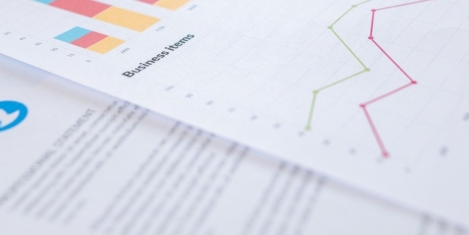
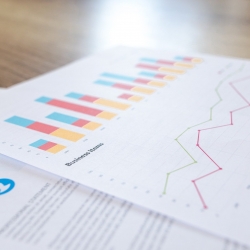 Nearly seven in 10 business leaders and decision-makers say that investments in digital technologies in 2020 have enabled their organisations to increase revenue, save money and improve productivity, according to a new survey released by
Nearly seven in 10 business leaders and decision-makers say that investments in digital technologies in 2020 have enabled their organisations to increase revenue, save money and improve productivity, according to a new survey released by 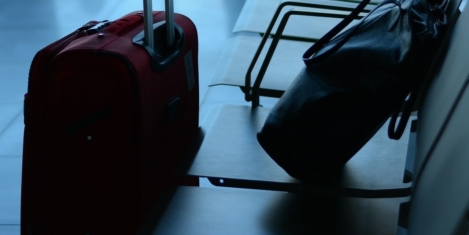
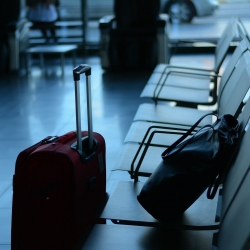 As lockdown restrictions and tier systems continue to cause chaos,
As lockdown restrictions and tier systems continue to cause chaos, 
 New research from absence intelligence company
New research from absence intelligence company 
 When we think about inclusivity and diversity in the corporate world, we often think of racial and cultural diversity, gender, or LGBTQ+ inclusion—but one aspect that has been too long forgotten or ignored is the topic of disability inclusion. Caroline Casey, disability activist, CEO and founder of the
When we think about inclusivity and diversity in the corporate world, we often think of racial and cultural diversity, gender, or LGBTQ+ inclusion—but one aspect that has been too long forgotten or ignored is the topic of disability inclusion. Caroline Casey, disability activist, CEO and founder of the 







December 15, 2020
Preparing for a mental health epidemic is a shared responsibility
by Sheena Pirbhai • Comment, Wellbeing